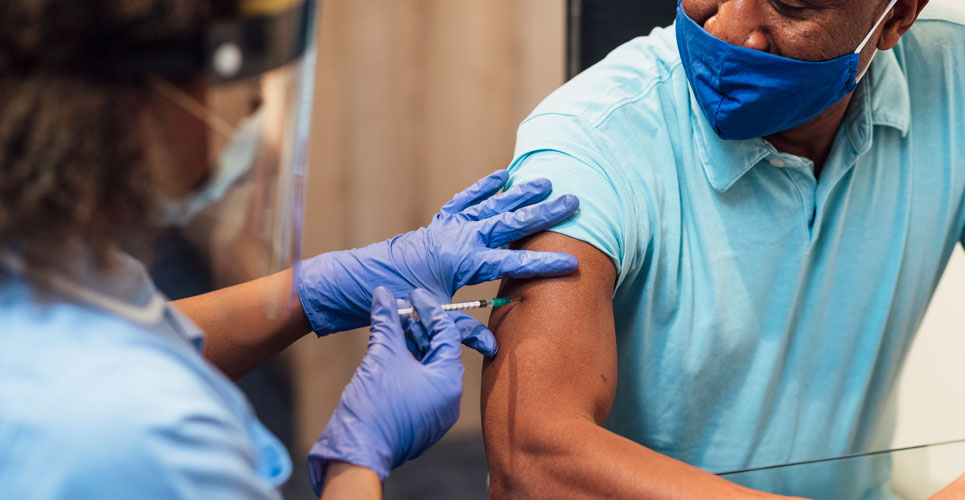As pharmacists, we will have a great impact on logistics and delivery of COVID vaccines. And we will also have the opportunity to use our words to educate and possibly save lives
The COVID-19 pandemic has prompted the global development of an unprecedented number of vaccines at an unprecedented speed.
At the end of 2020, the Pfizer/BioNTech vaccine was the first to be authorised by the European Commission, followed shortly by the Moderna COVID-19 vaccine, both of which target messenger RNA (mRNA). Many other vaccines are currently under investigation or in Phase II–III trials.
While traditional vaccines typically involve injecting antigens such as purified proteins or polysaccharides or attenuated or inactivated viruses, mRNA vaccines do not contain antigens and act in a different way. Apart from their mechanism of action, another important aspect of these mRNA vaccines is the speed at which they can be produced. The mRNA technology provides genetic information to synthesise the spike protein, used by the SARS-CoV-2 virus to attach to, and finally infect, cells. Unlike DNA, the synthetic mRNA never enters the nucleus. Lipid nanoparticles are used to prevent the degradation of the mRNA while serving as an adjuvant to attract immune cells to the injection site.
Pharmacists will be involved at the frontline of the vaccination programmes, playing a crucial role in logistical processes and the preparation of the vaccines in the syringes. Logistical challenges will include modifications to infrastructure, such as requirements for specialized freezers or dry ice containers because of specific storage requirements. Pharmacy staff should be instructed on how to handle the vaccines while also having sufficient knowledge of the pharmaceutical aspects of the different vaccines.
Pharmacists also have a role in helping to overcome COVID-19 vaccine hesitancy, in countering some of the myths through patient education to hopefully increase acceptance of the vaccine. By explaining and promoting the benefits of vaccination, and by tailoring the message in a clear and comprehensive way, pharmacists can reassure individuals and allay any concerns about being vaccinated.

We can hopefully boost patient confidence by not only carefully listening to their hesistations, worries or skepticisms, but also backing up our conversations with scientific evidence of efficacy of the vaccines, and how vaccination will help communities safe and healthy and aid the return to normal life and reopening of the economy.
Many polls have been performed worldwide on the willingness to be vaccinated, with results ranging from ‘absolutely certain’ to probably’ or ‘definitely not’. Major concerns were related to safety referring to short-term and long-term side effects but also that some of the vaccines are first in class and the first-ever mRNA vaccines used in humans. Data show that the likelihood of experiencing a severe side effect is low, and most side effects disappear after a few days. There were no immediate or short-term significant safety concerns in the trials; however, less is known about long-term side effects.
For individuals concerned about the speed in which the vaccines have been developed and approved and the possibility of the vaccines being ineffective or a danger to health, we could discuss the underlying technological innovations, decades of research on specific technologies, and the commitment of huge financial support that have enabled the swift manufacture and timely distribution of large quantities of vaccines upon approval.
For those who are perhaps complacent and not too concerned about contracting the virus, information about the risk of spreading the virus to more vulnerable family, friends and colleagues, especially those with underlying conditions, should be emphasised.
As pharmacists, we will have a great impact on logistics and delivery of the vaccines. And we will also have the opportunity to use our words to educate and possibly save lives.

